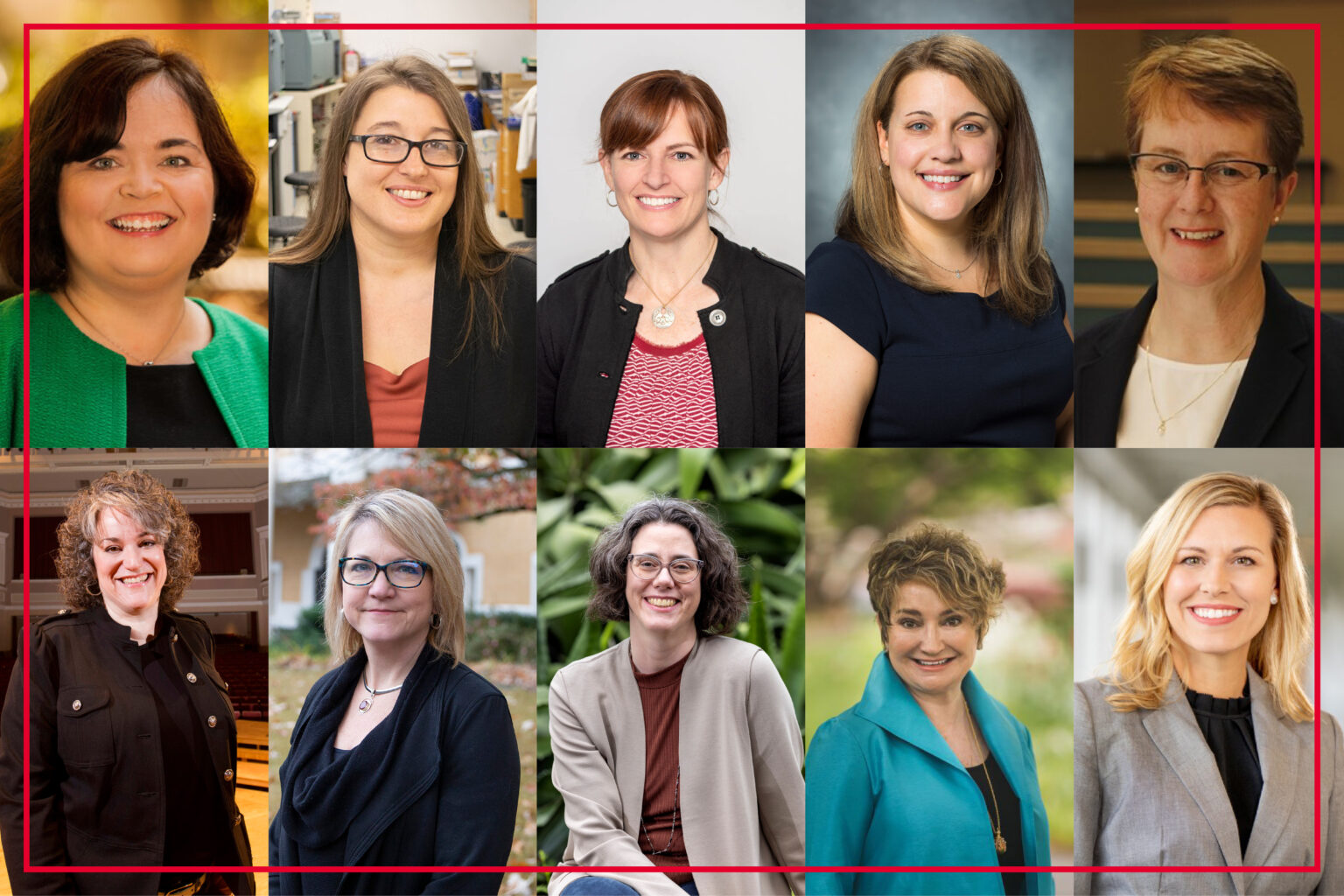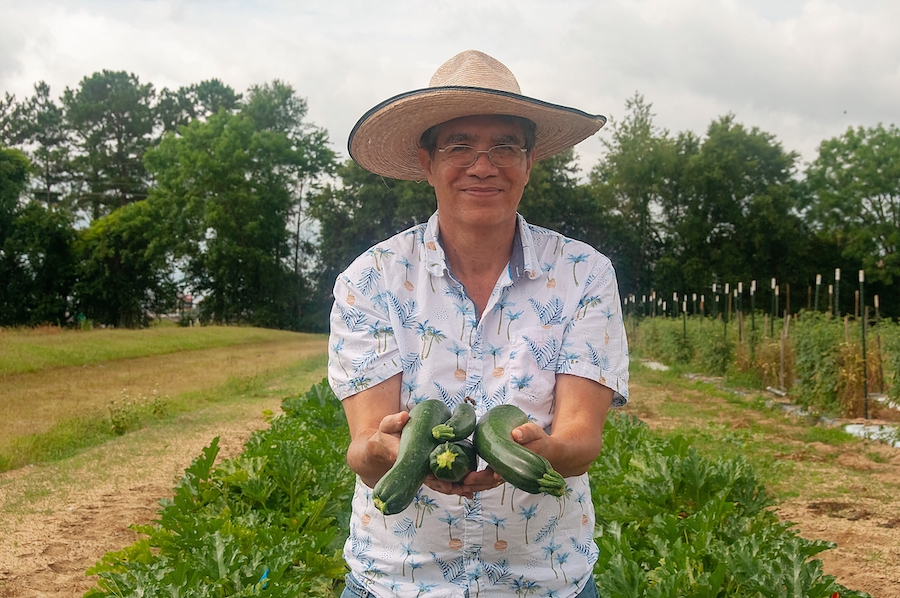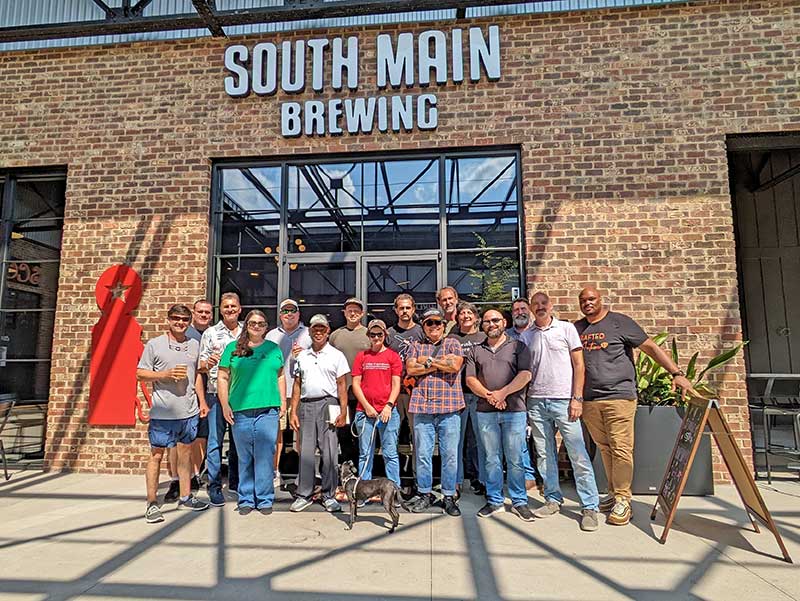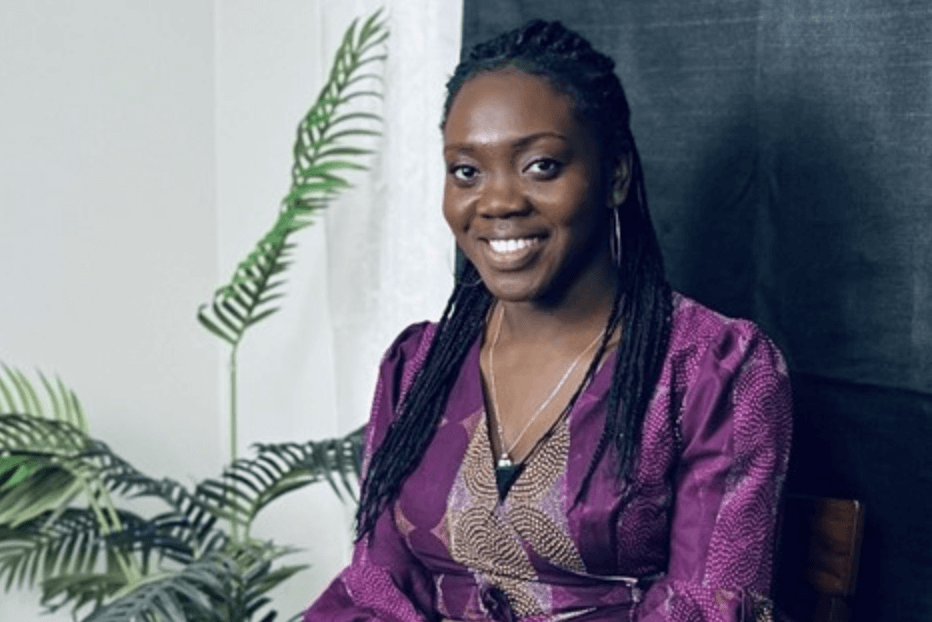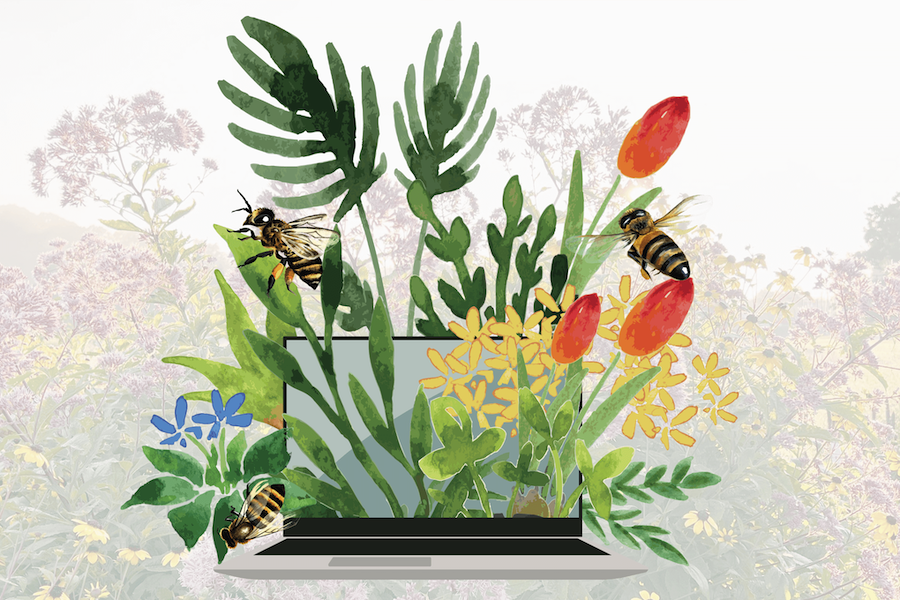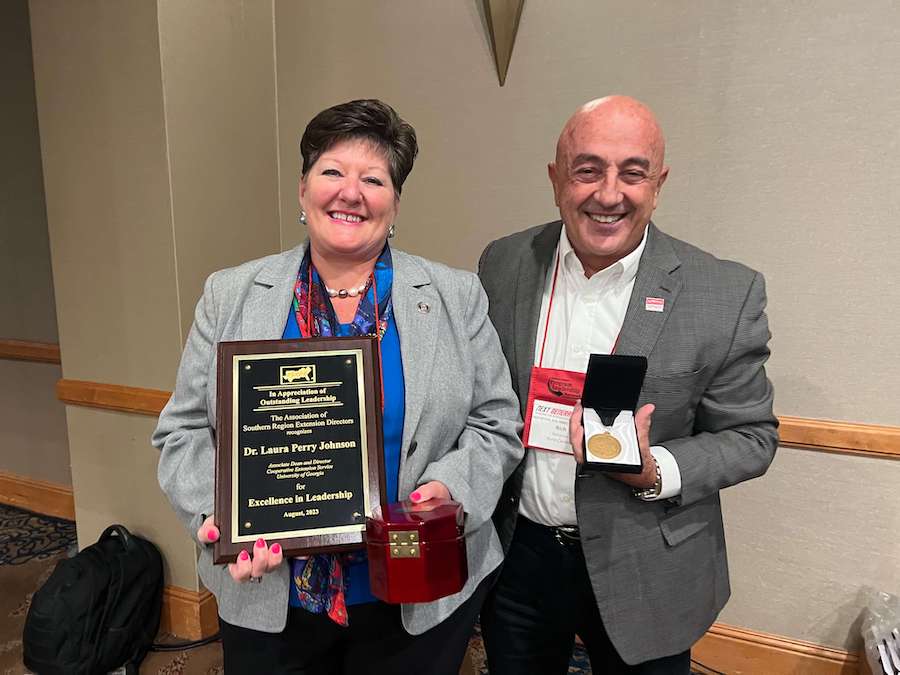.jpg) CAES News
CAES News
4-H Lifetime Achievement
Randy Nuckolls, who joined 4-H as a child in Whitfield County more than 60 years ago, was honored with the 2023 Georgia 4-H Lifetime Achievement Award at the 4-H Gala in August. In the decades since, Nuckolls became deeply involved in Georgia 4-H, earning the title of Master 4-H’er and serving as a summer camp counselor at Rock Eagle 4-H Center before continuing to support Georgia 4-H throughout his career.


